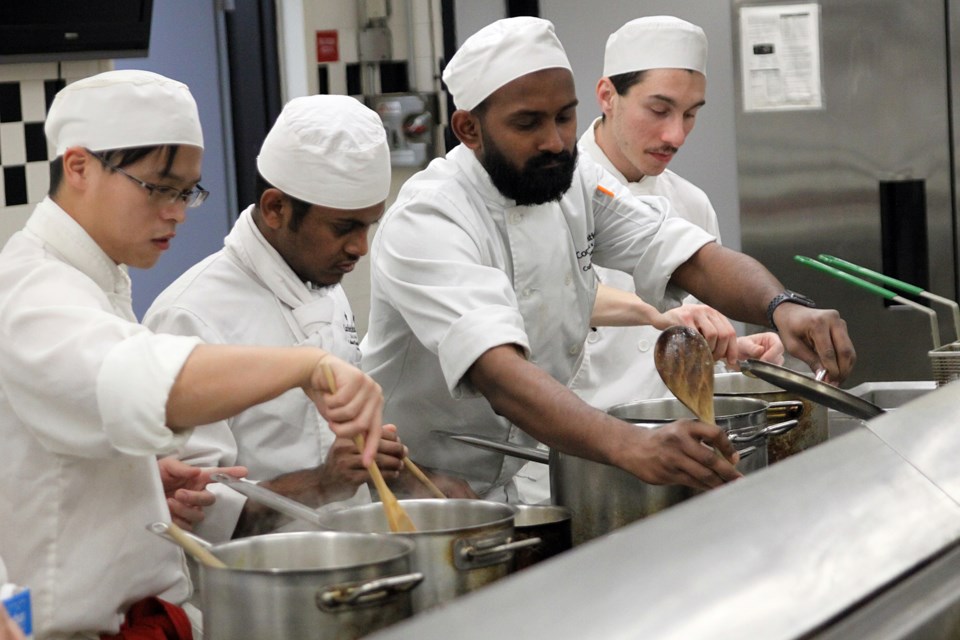THUNDER BAY – Even though classes have resumed at Confederation College, many students are still feeling the effects of the five-week faculty strike that disrupted many of their lives.
The college attempted to return to business as usual with classes held for the first time in more than a month on Tuesday after the province passed back to work legislation over the weekend that brought an end to the strike by the 12,000 professors, instructors, counsellors and librarians at Ontario’s 24 public colleges.
Premier Kathleen Wynne and her Liberal government has implemented measures for students impacted by the strike to either withdraw from their program and receive a free tuition refund or apply for a maximum $500 reimbursement for expenses incurred directly due to the labour dispute.
Alexis Riddell, a pre-health student, said she might be forced to drop out because of previous appointments that have been booked for at least six months that can’t be rescheduled.
“It’s pretty sad. I was looking forward to being here. This is my first year here and I was looking forward to having a good time and it’s been kind of wrecked,” she said.
Cassy Holmes, a student in the personal support worker program, argued the reimbursement should be more inclusive than just for students who had added travel or childcare costs.
“I think every student who paid tuition should be getting $500 back,” Holmes said. “Every student in Confederation College has to pay tuition, every student at Confederation College was out five weeks of the semester and every student should be entitled to that money back.”
Holmes, who quit a full-time job to enroll in her program, said the uncertainty around when the strike would end made it difficult for students to commit to working while classes were halted.
“I was able to pick up a couple of shifts but it’s not full time. Even if it was, my manager could only do one week at a time because we never knew when we would be going back. It was very frustrating,” Holmes said.
Rather than condense course schedules over the coming weeks, college administration decided to extend the academic year.
The school calendar at Confederation College has been modified to run until Dec. 22 before pausing for a shortened holiday break with classes resuming on Jan. 3 and the first semester wrapping up later in January. The winter semester would start on Jan. 29 and conclude on May 11.
For Lauren Hung, the extended school year means she has to change her work plans for the summer.
“I already had to resign from my summer job,” Hung said. “I start guiding at a wilderness expedition place in May and now I can’t. That’s how I make my money to survive as a student so it sucks.”
The work stoppage, which began on Oct. 16, became the longest colleges strike in Ontario’s history. Several students said Tuesday felt more like the first day of a new school year.
Film production student John Mahon said he expects it will take time to adjust to being back to school.
“It pushed back everything. It got rid of a lot of motivation to continue working,” Mahon said. “I’ll need a couple of days before I get back into full motivation but hopefully I can get it back sooner rather than later.”
